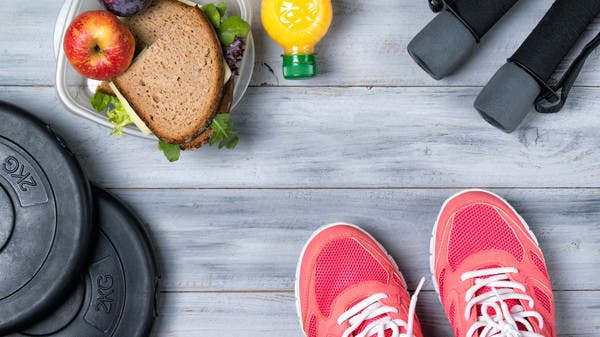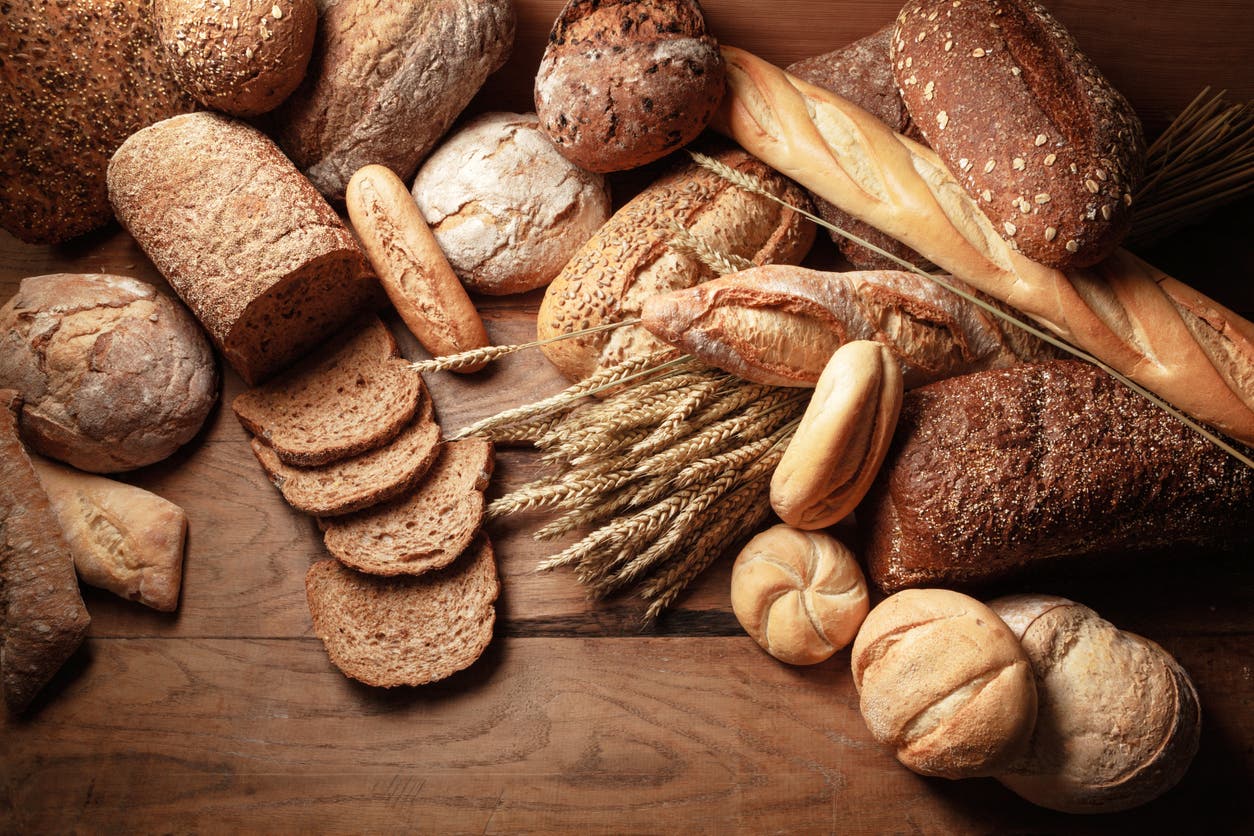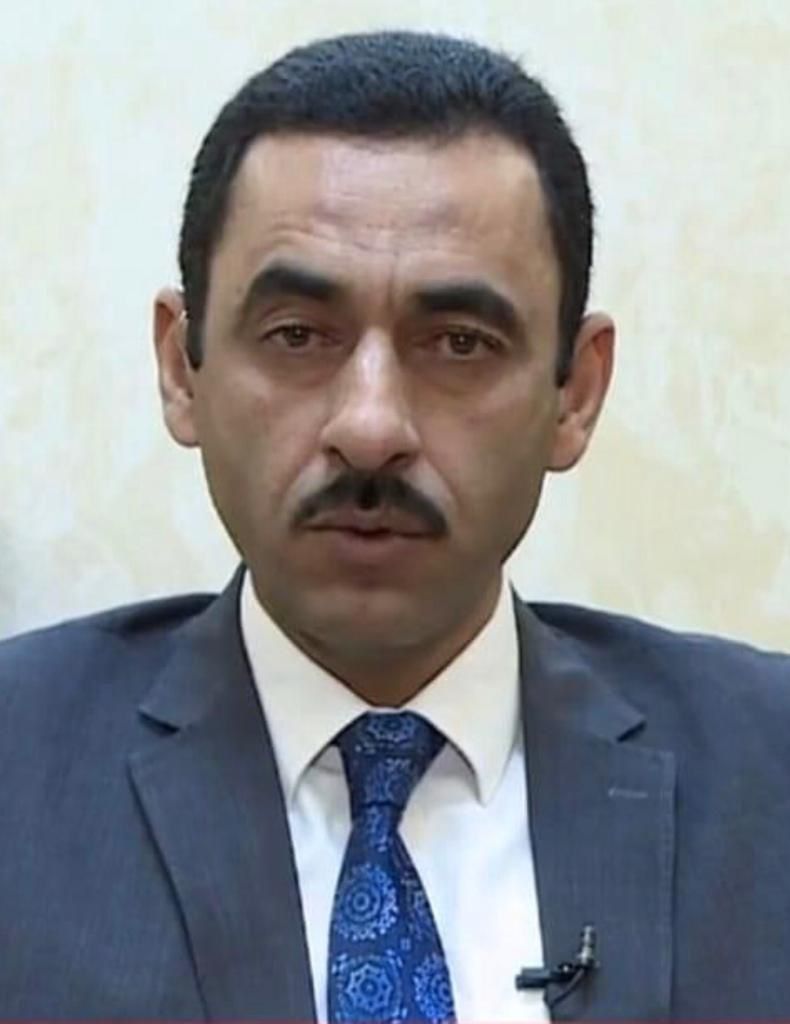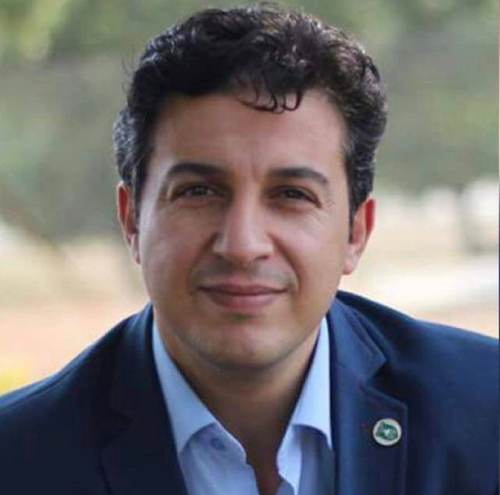Ramadan: Want to lose weight this month? Here is what you need to know first

For Muslims around the world, the holy month of Ramadan is a time for reflection and gratitude. And every day, from sunrise to sunset, Muslims refrain from eating and drinking.
But it is also a time where people are more conscious of the food they eat.
1. Is losing weight during Ramadan healthy?
"It depends on how you approach it. Ramadan can be a great starting point if weight loss is your goal. However, you should first check if there is a need for weight loss. Calculations like your Body Mass Index (BMI) and waist circumference are good starting points.
Unnecessary or rapid weight loss can be harmful to your body if sustained over a period of time.
A lot of people will lose weight in Ramadan simply because their portion sizes change. When you fast for a long period of the day, your stomach can become smaller and therefore hold less food. You may also find your appetite changes. When we begin to lose weight, it is initially excess water, then our body tends to use up our sugar stores (glycogen), which we store in our liver and muscles. Then it will target our fat cells. With exercise, the amount we expend from fat can increase also.
If you do lose weight in Ramadan, then you may find that once the fasting period is over you gain some, if not all, the weight back.
It is ultimately consistency with healthy eating and regular exercise, as well as increased water intake, that will help.
Also watch your protein level; it is very important to have plenty of protein when trying to lose weight.
Do not feel like you must lose weight in Ramadan and that if you don’t you are not fasting correctly. Everyone is different, and our bodies react in different ways. If in doubt consult a dietitian, nutritionist, or even doctor for more advice on a one-to-one basis.”
2. What should people eat if they want to incorporate exercise into their daily routine during Ramadan?
"We often think that due to our fast we should not exercise. However, it is important we keep our bodies moving every day in some way.
A simple solution is to exercise after iftar. Wait about two hours or so for your body to digest, then conduct a light exercise routine.
Considering of course the current worldwide restrictions, your gym is likely closed and so you may be lacking motivation. However, there is a lot you can do at home.
Have a look on the internet for an exercise video you can follow. There are fun, simple routines such as song challenges where you squat along to the beat.
Of course, please do consult a doctor or trainer before undertaking any exercise especially if you have not done it before. Even 10-15 minutes can help keep your body healthy. Anything is better than nothing at all.”

A woman running up a flight of stairs as part of her exercise routine. (File photo: Stock images)
3.How can people prevent overeating during Ramadan?
"This is a common issue for many people. Especially as we often cook foods higher in calories at this time of year.
The simple advice is to break your fast with water and something small like dates. Then go and pray Maghrib (the sunset prayer) before you continue. Not only will this allow your body to start really preparing itself for the food you are about to consume, but it will also allow the instinct of eating quickly to slow slightly.
Another way is to simply fill your plate with a mixture of foods and aim to stick to just that plate, once you are done, wait about 20 minutes to allow your stomach to signal to your brain if you are full. If you feel full then, great, you know you had the right portion.
If you are still physically hungry, then perhaps have a bit more.
We often confuse cravings and mental hunger as physical hunger. Look for the signs of physical hunger. Is my stomach rumbling? Do I feel weak? If not, then you know your body is satisfied.”
4. Should people cut out certain things like carbs or sugar when they have been fasting all day?
"Not in their entirety. Should we be cutting down on refined processed carbohydrates such as shop-bought cakes and cookies? Yes, definitely.
Should we be cutting out carbohydrates all together? Definitely not.
Carbohydrates are our bodies’ main energy source, and they are broken down into their base unit, glucose. Glucose is the only form of sugar our brains can use for energy, so it is important we have some source of it. There are carbohydrates in other foods you may not initially think of, such as fruits and vegetables, and pulses and beans, such as lentils. When in doubt save a quarter of your plate for a portion of a starchy carbohydrate (rice, pasta, potato, bread, etc.) or a fist-size portion.”

Different types of bread. (Stock image)
5. What about people who want to try diets like keto and paleo to lose weight during Ramadan?
"Firstly, research the diet before starting. Ramadan is a great time of year to start new habits. However, diets like keto or paleo are restrictive and often call for cutting out food groups. Any health professional will usually advise you it is not good to over restrict yourself.
As someone who has worked in diabetes prevention for a long time, you would think I would say carbohydrates are evil, but that is not the case. It is finding the correct level to eat that is the best. I would personally advise against a restrictive diet unless specifically told otherwise by a health care professional.”








